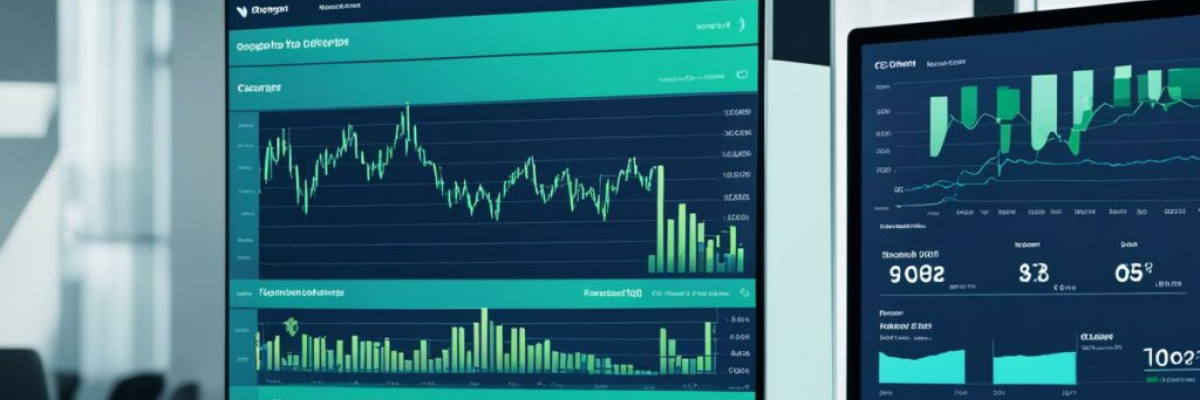A Landmark Step for South Africa in Crypto Regulation
In an unprecedented move on the African continent, South Africa has taken a decisive step towards the regulation of digital currencies by aligning with a comparative handful of global nations to adopt a stringent Crypto-Asset Reporting Framework (CARF). With this step, the nation positions itself at the forefront of the combat against crypto-related tax evasion.
This initiative, resulting from an accord formulated in 2023, is guided by standards laid out by the Organisation for Economic Co-operation and Development (OECD). The primary intent of CARF is to enhance transparency in cryptocurrency transactions and facilitate the effective sharing of tax-related information between nations.
South Africa’s commitment to this framework is indicative of its determination to stay abreast of the ever-evolving digital currency domain. By embracing CARF, South Africa strengthens its capacity to enforce tax compliance and rigorously tackle tax evasion within the burgeoning crypto market. The South African Revenue Service (SARS) has interpreted this move as a necessity to keep tax transparency gains from being overshadowed by the quick-paced growth of cryptocurrency assets.
Advancing the Fight Against Evasion in the Digital Currency Arena
According to recent declarations from SARS, the organization anticipates that the worldwide and uniform adoption of the CARF will notably enhance its prowess in guaranteeing tax compliance and deterring attempts to evade taxes via cryptocurrencies. Placing particular emphasis on the importance of this framework, SARS plans to integrate the CARF standards into South Africa’s domestic legislation by 2027. This integration, however, will be contingent upon the country’s internal legislative processes.
South Africa thus far is the sole nation within the African territory to become a signatory to the CARF agreement. On the other hand, countries such as China and Russia have not yet participated in this global coalition, as outlined in a recent public announcement.
The commitment of South Africa to the CARF illuminates the country’s acknowledgement of the digital asset market’s rapid advancement and its potential implications for tax regulation. Aligning with OECD’s reporting framework serves not only as a significant step for the South African government but also as an exemplar for other nations seeking to ensure fiscal responsibility in the era of digital currencies.
What is your take on this development? Share your opinions on how you believe this strategic move by South Africa might impact the African continent’s approach to cryptocurrency regulation and tax compliance. Your insights are valued and can foster a healthy discussion on the future of digital finance in Africa and beyond.

Frequently asked Questions
1. What is a crypto-asset reporting structure?
Answer: A crypto-asset reporting structure refers to a framework or system put in place by a country’s regulatory authorities to monitor and regulate the reporting of cryptocurrency transactions and holdings.
2. Why is South Africa the only African country embracing a crypto-asset reporting structure?
Answer: South Africa stands out as the only African country embracing a crypto-asset reporting structure due to its progressive approach towards cryptocurrency regulation, aimed at ensuring transparency, preventing money laundering, and protecting investors.
3. How does the crypto-asset reporting structure work in South Africa?
Answer: The crypto-asset reporting structure in South Africa requires individuals and businesses dealing with cryptocurrencies to register with the regulatory authorities, report their transactions, and comply with anti-money laundering and know-your-customer regulations.
4. What are the benefits of implementing a crypto-asset reporting structure?
Answer: Implementing a crypto-asset reporting structure provides several benefits, such as reducing the risks associated with money laundering and fraud, increasing investor confidence in the cryptocurrency market, and providing a clear regulatory framework for businesses operating in the crypto space.
5. What challenges are associated with implementing a crypto-asset reporting structure?
Answer: Some challenges of implementing a crypto-asset reporting structure include ensuring compliance from all market participants, addressing technological complexities in monitoring cryptocurrency transactions, and striking a balance between regulation and innovation in the rapidly evolving crypto industry.
6. How does the crypto-asset reporting structure impact individual cryptocurrency users?
Answer: The crypto-asset reporting structure in South Africa requires individual cryptocurrency users to accurately report their cryptocurrency holdings and transactions, potentially leading to increased transparency and tax obligations for users.
7. Are there any plans for other African countries to adopt a similar crypto-asset reporting structure?
Answer: While South Africa currently remains the only African country embracing a crypto-asset reporting structure, there are discussions and initiatives in various other African countries to explore and regulate cryptocurrencies, thus indicating the potential for future adoption of similar reporting structures.










